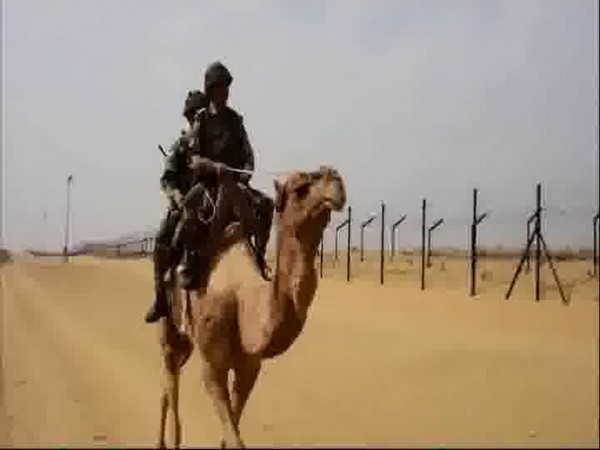
Coordinated Border Management for Impregnable Border Security

“If this nation really wants to create an effective border security, we need to have a debate that includes discussion about actual solutions to our problems, which means taking all of political grandstanding and baiting, out of the equation”, says Raul Grijalva, an American politician and democrat. Although his comments were for United States of America, it seems more apt for border security in the Indian context, considering the politics over border security and jurisdictional issues seen here.
India has extensively long borderline. All the states have either an International Border or a coastline except Madhya Pradesh, Chhattisgarh, Jharkhand, Haryana and Delhi. Long borderline brings into focus, need for coordinated border management. Coordinated border management is a national need and hence is vital and important for border security. Do we have a coordinated border management? The answer sadly is no.
Firstly, we need to understand coordinated border management and identify peculiarities of border management. Coordinated border management is a concept wherein all stakeholders are integrated, work in close cooperation and coordination with each other. Border management can only be called as coordinated once all stakeholders are integrated, peculiarities of borders identified and addressed. Without integration, there can be no border management and the so-called border management remains restricted to border security executed by border guarding forces.
In order to understand border management, there is need to analyse the concept of boundary and border. Boundary is the thin line indicating extreme territorial jurisdiction of a country separating it from the neighbouring country. Border denotes the area which is inwards from boundary. Border depth is based on factors like terrain, geographical location, neighbouring country’s attitude and posture, and also the local factors. In the Indian context, de-facto, boundary is in the military domain and de-jure, boundaries in the border guarding forces domain.
There are weaknesses in border guarding methodology wherein stakeholders operate in isolation, detached and disintegrated, and border-guarding forces managed unprofessionally. Border deployment managed unprofessionally render borders vulnerable.
India’s borders are hyperactive and are in constant heightened state of alert despite having attained permanency like all other borders globally. There are deficiencies in border management system and management of border guarding forces. Post Kargil review committee report (KRC), Group of Ministers’ (GOM) analysed the border management in depth and highlighted core issues concerning management of border guarding forces, arming policy, equipment management, operational deployment, frequent withdrawals and tampering with tactical groups. GOM concluded that adhocism have diluted professional competency of border guarding forces, effected command and organisational capabilities, weakening the border security apparatus and national security.
GOM identified perennial issues that needed immediate addressing. In chapter V on border management, para 5.8 (d) (e) and (f) it said, “Border guarding forces need to be distinguished from central police organisations. Being more akin to the Army and different from central police organisations, which are called in aid of civil power from time to time, they need to be appropriately strengthened in terms of both equipment and manpower. The repeated withdrawal, in large numbers, of para-military forces from border guarding duties for internal security and counter insurgency duties has led to a neglect of the borders. These forces have also been unable to perform optimally due to cannibalisation of battalions and even companies. Lack of institutionalised arrangements for sharing and co-ordination of intelligence at various levels and particularly at the field level, is a primary weakness in proper management of borders. The present tendency on the part of each agency to guard its turf, even at the cost of compromising national security interests, needs to be deprecated and put down sternly”.
Otto von Bismarck once said, “Disputed borders are continuation of war by other means”. India’s western border with Pakistan and eastern border with Bangladesh continuously remain in a state of hostility and undeclared war making these most volatile and dangerous. Boundary disputes keep arising and sometimes lead to localised conflicts as that had happened in Boraibari wherein the Bangladesh Rifles (BDR) had killed 16 brave BSF men in 2001. Exploitation and intrusion of, and into boundary line, through state and non-state actors, is perpetuating indirect war through other means.
Drugs, arm smuggling and use of drones for such smuggling has added a new dimension to fragility of border security. Infiltration, drugs and arms smuggling, illegal immigration and cattle smuggling have become permanent peculiarities of western and eastern borders. These are facilitated by difficult terrain, under developed areas, hostile border population on both sides and uncooperative local administration. Border guarding forces have also to fight uncooperative stakeholders making border security one of the most challenging professions. Peculiarities of borders and uncooperative stakeholders make borders unstable. Instability gives fillip to smuggling of arms, ammunition and drugs, weakening the national economy coupled with indoctrination and destruction of youth. Exploitation of borders by adversary will continue given the nature of our neighbourly relations.
Exploitation can be addressed through professionally coordinated border management. Thus, the immediate need is to strengthen border management to make national borders impregnable. It requires high degree of professionalism from border guards, bureaucracy and police hierarchy, development of border areas, integration of border population in border management. Basic prerequisite for successful professional border management is integration of all stakeholder’s i.e. border guarding forces, state government/local administration, border population and state/central intelligence agencies operating on borders. Without integration and coordination, border management remains a misnomer.
Earlier, as a first step in this direction, Department of Border Management was established in the MHA. Dr Madhav Godbole, ex-Home Secretary Chairman Task Force on Border Management (TFBM) says, “It is gratifying to see that, as a follow-up of the recommendations of task force on border management, department of border management was created in Ministry of Home Affairs (MHA) in January 2004, though unfortunately, it does not seem to have made much difference to action on the pertinent issues”. What are pertinent issues, for strengthening border management that have not received desired attention rendering border management ineffective?
The pertinent issues concern border infrastructure, development of border areas, human resource management of border guarding forces, arming and equipment policy, technological innovations to make border guarding technology intensive from man power intensive, training for peace and war time role, and reducing the age profile of border guarding force to improve their operational performance.
There is an urgent need to stabilise and strengthen borders by addressing these pertinent issues. For stability and strength, border deployment posture needs to be strong to address infiltration, arms and drug smuggling, cross border criminal activities, illegal immigration, cattle smuggling and other cross border crimes. There is also need to prevent exploitation and indoctrination of the local youth. Attempts to destabilise borders cause internal instability through revival of militancy.
Statistics laid on the table of Lok Sabha in reply to an unstarred question on 15 Sept 2020, Minister of State for Home Affairs, Shri Nityanand Rai stated that in the last 12 months (August 2019-July 2020), there were a total of 176 infiltration attempts in Jammu & Kashmir and 111 attempts were successful. As per India news story updated on 07 Dec 2021, Minister of State for Home Affairs Nisith Pramanik in reply to LJP leader Chirag Paswan accounted for 128 infiltrations from along Pakistan, 1787 from along Bangladesh, 25 along Nepal and 133 along Myanmar border in the last three years. Adversaries are keeping a hawks’ eye to exploit border management vulnerabilities.
In the present border security system, border-guarding forces are the only stakeholder in border management ensuring effective border security despite constraints. Why is it that despite having a department of border management since 2004, our nation is unable to integrate other stakeholders for ensuring impregnable border security?
The border population is a major stakeholder in border management. Border population need conceptualisation as the centre of gravity in border management. Due to livelihood issues, locals generally remain in conflict with border guarding forces. The locals consider them as a hindrance in their day-to-day activities due to unavoidable restrictions and regulated movement imposed on them. Border areas are underdeveloped and economically way behind main land. Owing to various factors, miniscule percentage also indulge in smuggling as returns are very high. Concerns of border population needs to be addressed. Country needs to ensure development of border areas. A balance is required between security needs and livelihood. Recent discussions and proposals for acquisition of land ahead may not be the ideal solution.
Local administration is another stakeholder whose integration and cooperation are vital to strengthen border security. Unfortunately, state administration represented mostly by police generally remains in conflict with border guards. There is a turf war to retain supremacy, hesitation to share real time intelligence and portray border guards negatively. Attempts are made to demoralise border guards by hindering their professional functioning.
Conflict becomes more pronounced when there are different party governments in state and centre. Recently, the conflict was visible after extension of jurisdiction of BSF from 15 to 50 Kms in Punjab, West Bengal and Assam, with state administration and police in West Bengal and Punjab remaining non- cooperative.
Internal and external security environment on western and eastern borders are dictated by the adversary’s posture, which generally remains belligerent. All stakeholders need to work in tandem. However, lack of coordination has contributed in deteriorating internal and external security environment. States are reluctant to share real time intelligence with border guards concerning smuggling/ drugs and drones.
The solution to the predicament lies with Ministry of Home Affairs. It has to initiate detailed deliberations between political parties, union and state governments. This will help in integration of stakeholders, and strengthen border security. This template can be followed for Indo-Pakistan, Indo- Bangladesh border. The present jurisdiction of BSF is 50 km in Punjab, Rajasthan, Gujarat, West Bengal, Assam and covers the entire states of Manipur, Meghalaya, Mizoram, Nagaland, Tripura and the union territory of J&K. The jurisdiction should be reduced to 20 Kms for all border states. Police powers of crime investigation related to border crimes effecting national security including filling of challan be delegated to border guarding forces. They should be made the nodal agency to exercise control over all other agencies operating in border areas. The arrangement though unconventional and may be seen as going against the spirit of federalism be given a chance and tried in the larger interest of national security.
Annual report of Ministry of Home affairs for 2020-21 chapter III, “Border Management” para 3.3 says, “Securing the country’s borders against interests’ hostile to the country and putting in place systems that are able to interdict such elements while facilitating legitimate trade and commerce are among the principal objectives of border management. Proper management of borders, which is vital to national security, presents many challenges and includes coordination and concerted action by the administrative, diplomatic, security, intelligence, legal, regulatory and economic agencies of the country, to secure the frontiers and to serve its best interests”.
The annual report though speaks of border management is restricted to border guarding forces and is silent about visible steps taken for integration of stakeholders. Impregnable border security may remain a dream if stakeholders work in isolation. Government needs to act urgently for integration of stakeholders for impregnable border security.
************
Disclaimer
The opinions expressed in this article are the author’s own and do not reflect the views of Chanakya Forum. All information provided in this article including timeliness, completeness, accuracy, suitability or validity of information referenced therein, is the sole responsibility of the author. www.chanakyaforum.com does not assume any responsibility for the same.
Chanakya Forum is now on . Click here to join our channel (@ChanakyaForum) and stay updated with the latest headlines and articles.
Important
We work round the clock to bring you the finest articles and updates from around the world. There is a team that works tirelessly to ensure that you have a seamless reading experience. But all this costs money. Please support us so that we keep doing what we do best. Happy Reading
Support Us





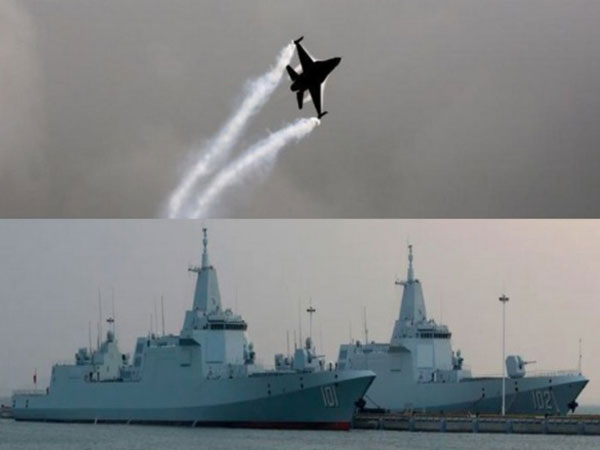
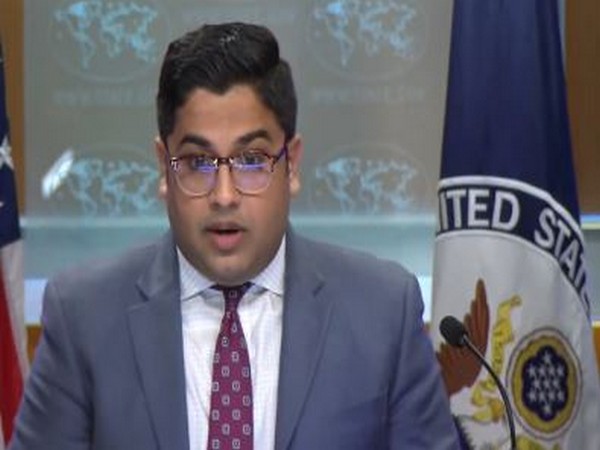

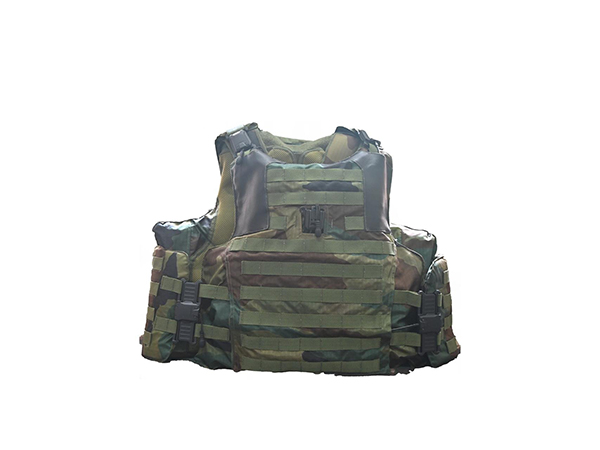

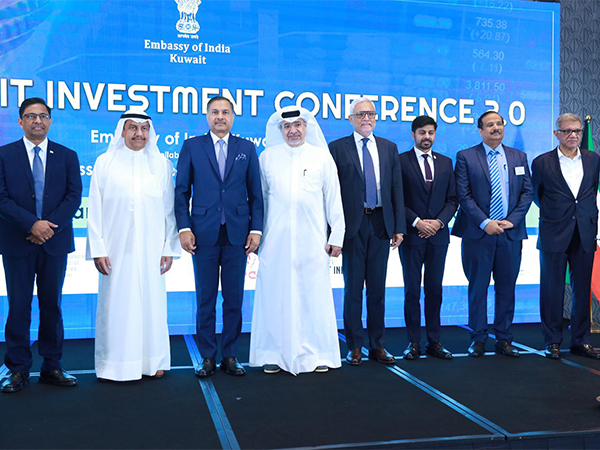



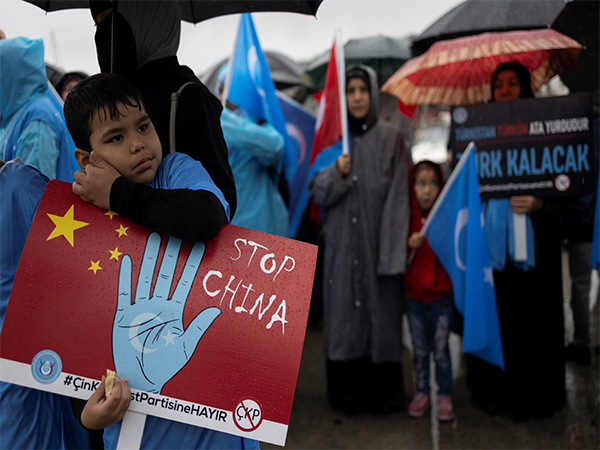






POST COMMENTS (2)
Kalidan Singh
Neeraj